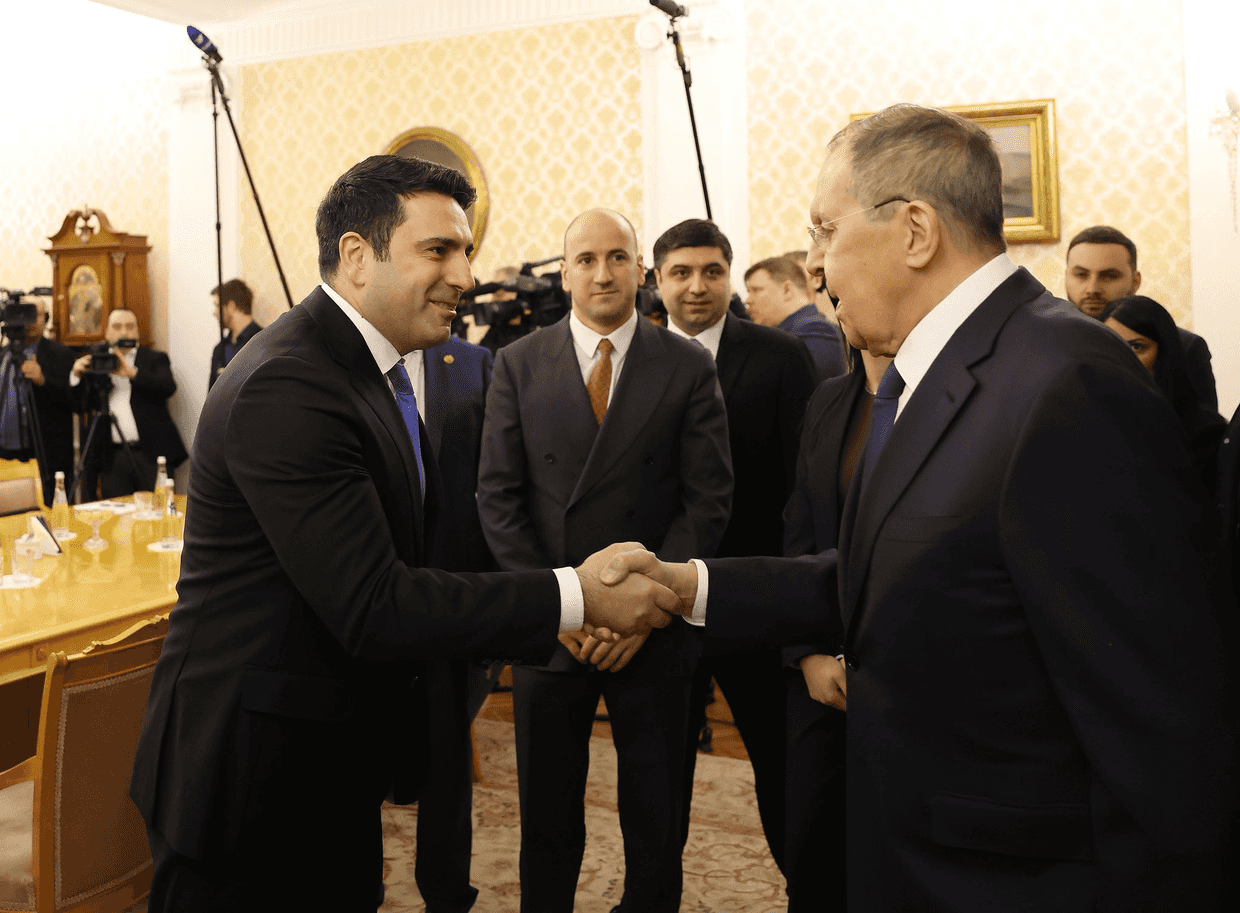Ex-Armenian President Kocharyan announces parliamentary elections bid

Former Armenian President Robert Kocharyan and former Human Rights Defender Arman Tatoyan have announced their plans to run in the 2026 parliamentary elections.
Kocharyan announced his plans on 6 October, inviting a press conference for the announcement.
Kocharyan, who served as Armenia’s president from 1998 to 2008, stated that his team will start planning the format of his participation in January–February 2026.
During the press conference, Kocharyan criticised the current government for the negotiations with Azerbaijan and the recent peace deal, its handling of poverty and corruption, and said that Armenia’s EU Integration is a mere ‘imitation’.
Kocharyan was Pashinyan’s main contender in the parliamentary elections in 2021 as well, where Nikol Pashinyan’s Civil Contract Party won a landslide and Kocharyan gave up on his seats in the parliament, with his Armenia Alliance now being the second biggest faction in parliament.
Kocharyan and Pashinyan’s tensions date back to the 2008 presidential elections, when Pashinyan, then an opposition politician with the Armenian National Congress (ANC), organised rallies in protest to the results of the elections. Protesters clashed with the law enforcement, which left 10 dead.
After coming to power in 2008, Pashinyan restarted the criminal cases linked to the March 2008 events, with Kocharyan facing a number of charges for attempts of ‘overthrowing the constitutional order’. The Constitutional Court of Armenia, however, dropped the charges against the former president and deemed them ‘unconstitutional’.
Tatoyan’s to run independently
A day before Kocharyan’s announcement, former Human Rights Defender Arman Tatoyan pledged to ‘unite people and advance the country’.
Tatoyan, who served as Armenia’s Human Rights Defender from 2016 until early 2022, framed his decision as a response to what he described as the erosion of state institutions and the concentration of power in the hands of a single political force. ‘Legal work alone is no longer sufficient to bring meaningful change’, he said, emphasising that politics should serve as a tool for unity and national progress.
Initially appointed by the previous Republican-led parliament, he remained in office through the 2018 ‘Velvet Revolution and the rise of Pashinyan’s government. Over time, however, his positions grew increasingly critical of the new authorities.
In his new political message, Tatoyan portrayed his move as a rejection of ‘old political rules’. He called for rebuilding trust in public institutions, promoting justice as a unifying national value, and creating a ‘country of opportunity’ where advancement depends on merit rather than patronage or party ties.
‘We are being offered only two paths and told everything has long been decided, while indifference and hostility are being sown,’ he said. ‘We must unite not out of despair, but for hope. We can do this, and therefore we must do it’.
He accused the ruling Civil Contract party of weakening oversight institutions, eroding judicial independence, and blurring the line between state and party. In one of his most quoted statements in 2022, he warned that ‘everything is concentrated in the hands of one political party; all resources of the state serve the interests of that party.’
Tatoyan also confronted the government over border security, particularly after the Second Nagorno-Karabakh War in 2020. In late 2021, he publicly stated that Azerbaijani forces had entrenched themselves within Armenia’s sovereign territory in the Gegharkunik region — claims the Defence Ministry dismissed as inaccurate. The dispute became one of several public confrontations that strained relations between his office and the executive branch.









